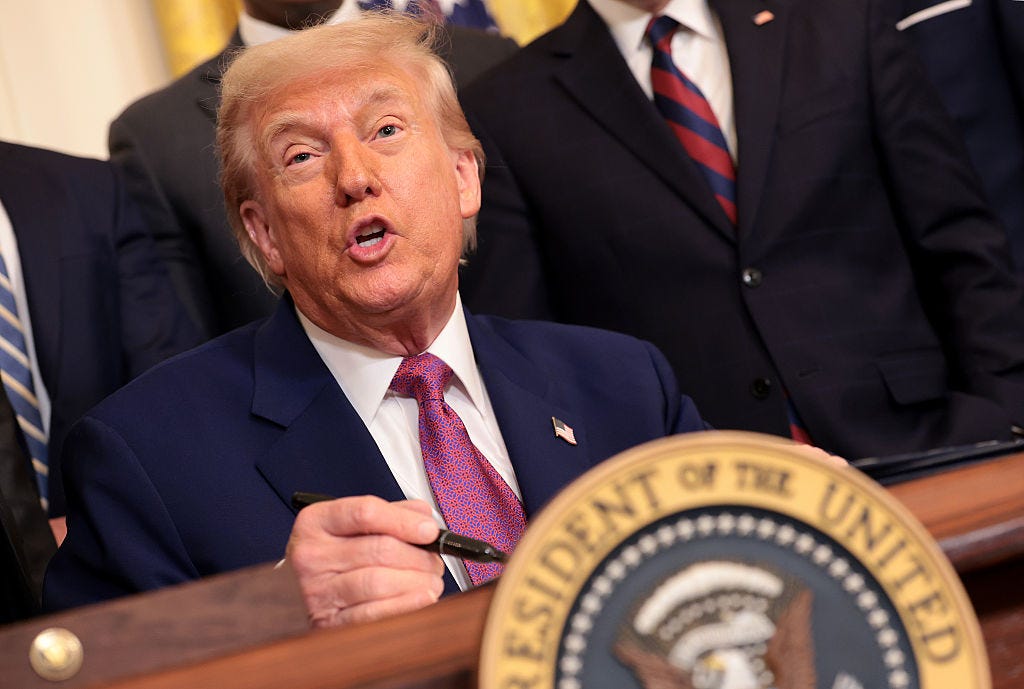U.N. votes to reject U.S. decision on Jerusalem despite threats
UNITED NATIONS -- The United Nations General Assembly voted Thursday 128-9, with 35 abstentions, on a non-binding resolution condemning President Trump's new policy recognizing Jerusalem as the capital of Israel. Mr. Trump had said he would be watching very closely at which members of the General Assembly voted for the resolution and which voted against it.
Despite implied threats of U.S. funding cuts, the resolution passed. U.N. General Assembly President Miroslav Lajčák read the final tally, to applause.
"While the resolution passed, the vote breakdown tells a different story," a spokesperson for the United States said after the vote, CBS News' Pamela Falk reports. "It's clear that many countries prioritized their relationship with the United States over an unproductive attempt to isolate us for a decision that was our sovereign right to make."
U.S. Ambassador to the United Nations Nikki Haley told an emergency meeting of the General Assembly on Thursday -- ahead of the vote -- that "no vote in the United Nations will make any difference" on the U.S. decision. The meeting was called by Yemen and Turkey as an emergency session -- the 10th session since 1950.
Haley said "the United States will remember this day in which it was singled out for attack in the General Assembly for the very right of exercising our right as a sovereign nation."
"We will remember it when we are called upon once again to make the world's largest contribution to the United Nations," she said. "And we will remember when so many countries come calling on us, as they so often do, to pay even more and to use our influence for their benefit," she added.
Making the point that the vote could further isolate the U.S. and increase violence in the region, many allies including the U.K. and France rejected U.S. appeals to vote with Washington.
A U.K. diplomat from the British Foreign Service said Mr. Trump's son-in-law Jared Kushner had appealed to their ambassador in Washington, D.C., and France's Foreign Minister Jean-Yves Le Drian had a meeting in Washington with Kushner in which the topic came up, sources said. Both countries, nonetheless, voted against the U.S. in the vote, Falk reports.
A U.K. diplomat said that despite a letter Haley sent to 180 countries, and despite statements by Mr. Trump, the pressure wasn't nearly as intense as when members of the incoming Trump administration, in December 2016, including Haley, Kushner and Michael Flynn, tried to pressure the then-Obama administration not to pass the U.S. Security Council anti-settlements resolution.
Voting with the U.S. and Israel were seven countries: Guatemala, Honduras, Marshall Islands, Micronesia, Nauru, Palau and Togo. Several allies abstained, including Canada and Mexico -- both partners in the continuing effort to salvage the trade treaty known as NAFTA.
Canada's Ambassador Marc-Andre Blanchard explained his country's vote: "We are disappointed that this resolution is one sided and does not advance prospects for peace to which we aspire, which is why we have abstained on today's vote."
In the end, the support the United States received Thursday was notable given history of votes during similar Israel-related General Assembly emergency sessions, according to CBS News' Falk. During the last one, in 2009, four countries voted against the resolution, nine abstained and 38 were absent. On Thursday, the vote recorded the highest number of votes against -- and abstentions -- in the history of this issue.
The resolution at the center of Thursday's vote states that any decision to change the status of Jerusalem is null and void, has no legal effect and must be rescinded. It also called on member countries not to set up diplomatic missions in Jerusalem.
Israel's prime minister said Thursday he completely rejects the "preposterous" resolution. Benjamin Netanyahu said in a video posted to Facebook that Jerusalem "always was, always will be" Israel's capital. He also said he appreciates that "a growing number of countries refuse to participate in this theater of the absurd."
Israel's Ambassador, Danny Danon, held up a coin Thursday that he said is from 67 AD and bears the words -- in Hebrew -- "Freedom of Zion." He said "no empty speeches, no General Assembly resolution will ever drive us from Jerusalem."
The point of the resolution, negotiators said, was to show the U.S. stands alone on the Jerusalem recognition.
"The U.S. is isolated on the issue of Jerusalem and is threatening other nations to vote according to the U.S .interests … No dignified country will submit to such bullying," said Turkey's Foreign Minister Mevlüt Çavuşoğlu.
"Money should not buy votes," he told CBS News.
Palestinian Foreign Minister Riyad Al-Malki said, "History records names, and remembers the names of those who speak justice and of rights."
An aide to the Palestinian president thanked countries that voted in favor of the U.N. resolution. Nabil Abu Rdeneh, a senior adviser to Palestinian President Mahmoud Abbas, appeared to be referring to Mr. Trump's threat to cut off U.S. funding to countries that support the resolution.
Abu Rdeneh said in a statement Thursday to the official Wafa news agency that the vote reflects the support the Palestinians enjoy in the international community. He said the Palestinians will continue their efforts in international forums to help create a Palestinian state.
The Islamic militant group Hamas welcomed the resolution. In a statement, spokesman Fawzi Barhoum called it "a step in the right direction" and "a blow to (President Donald) Trump's announcement." He said the resolution emphasizes "the Palestinian right to the holy city."
Hamas, which rules the Gaza Strip, seeks a state in all of historic Palestine, including what is now Israel. The Western-backed Palestinian Authority, under President Abbas, claims Gaza and the West Bank as part of a future Palestinian state, with east Jerusalem as capital.
Trump's declaration on Dec. 6 to recognize Jerusalem as Israel's capital departed from decades of U.S. policy, and international consensus, that the fate of Jerusalem should be decided through negotiations. The city lies at the heart of the Israeli-Palestinian conflict.



